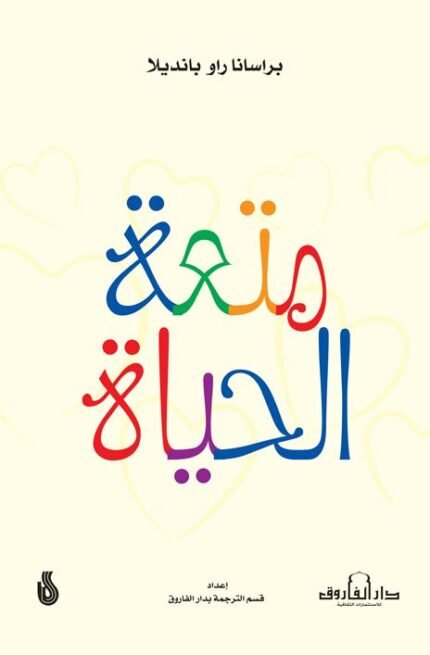Heart Of Darkness
Joseph Conrad
It is an 1899 novella by “Joseph Conrad” detailing the story of “Marlow”, the captain of a steamboat, who travels up the Congo River to find a man named “Kurtz”. “Heart of Darkness” examines the horrors of Western colonialism, depicting it as a phenomenon that tarnishes not only the lands and peoples it exploits but also those in the West who advance it.
When “Joseph Conrad” published “Heart of Darkness” from 1898 to 1899, he meant to express the horrors of European colonialism. “Conrad” uses “Marlow” as the main protagonist to show ‘the brutality’ from his own point of view. “Conrad” shows the brutality and cruelty of European colonialism towards Congo and the natives. Throughout the novella, the novelist explores the historical period of European colonialism in Congo to demonstrate the struggles that “Marlow” encounters. “Marlow”, like other Europeans of his time is brought up to believe certain things about colonialism, the ideal mission of every European is to bring the “light’ or civilization to the natives. However, the protagonist’s views transformed as he experiences the effects of colonialism from his point of view.
The title of the novella is itself quite symbolic. It means the centre of the dark continent or the centre of a diabolically evil person. The term consists of two nouns; heart and darkness. Both of them are heavily charged with physical and moral suggestions that prepare us for something beyond our usual expectations. The heart is a finite and solid thing and darkness is infinite and does not have any existence; it is the absence of light. The novelist thus wants to discover something finite in infinite or in other words meaning in a meaningless thing. The phrase can also refer to the heart of Africans or Africa or to the darkness that exists in the heart of white people.













المراجعات
لا توجد مراجعات بعد.